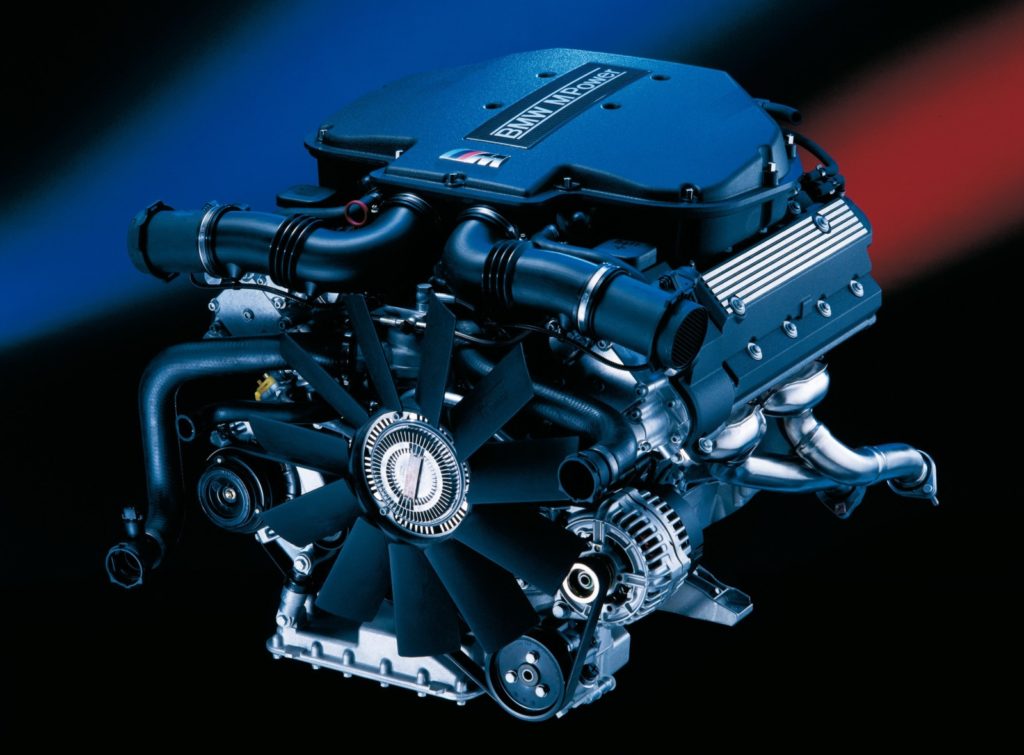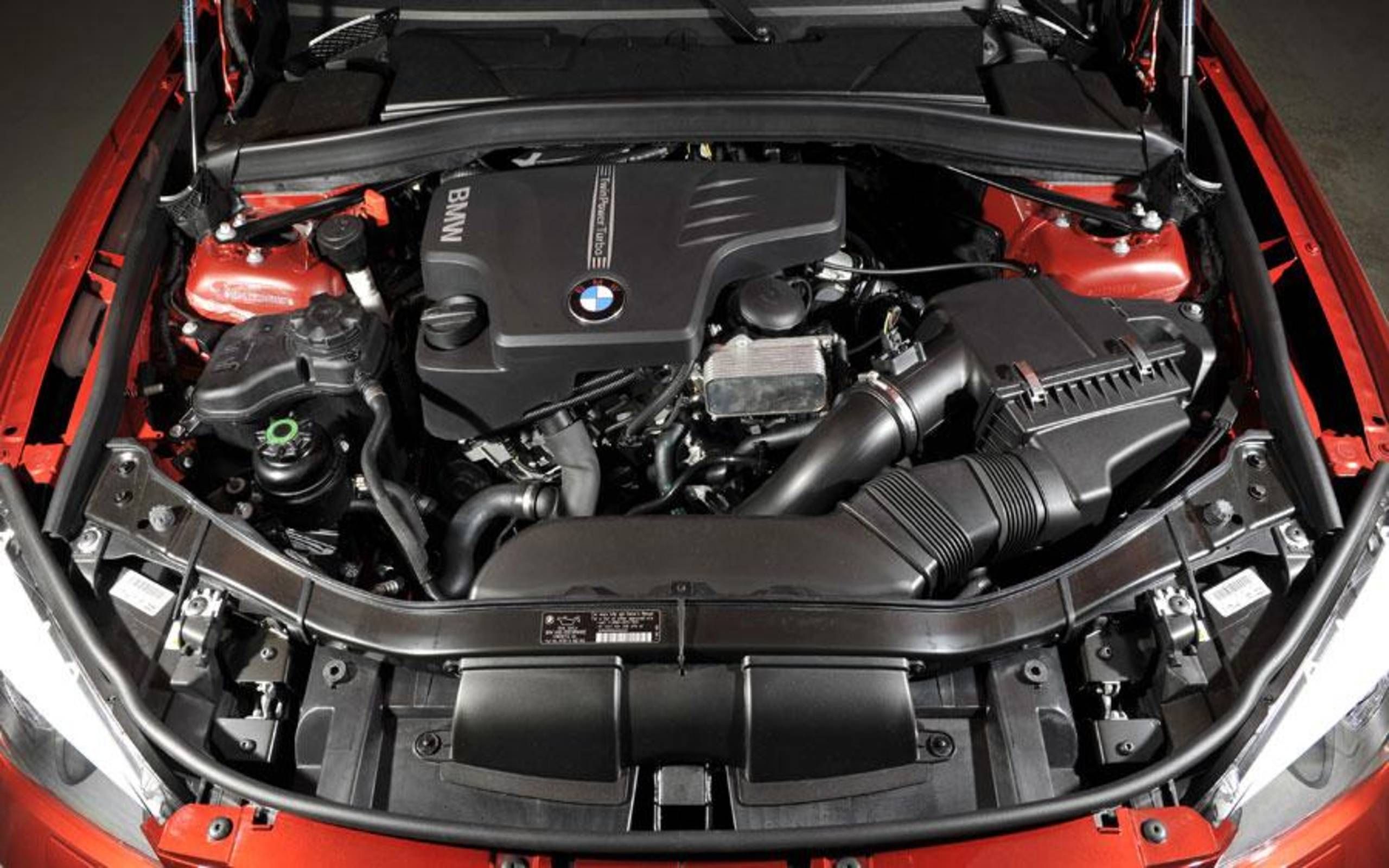Common Issues Dealt With by BMW Engine Owners and Exactly How to Solve Them
Common Issues Dealt With by BMW Engine Owners and Exactly How to Solve Them
Blog Article
Revealing the Intricacies of Next-Generation Power Units: a Deep Study Advanced Engine Advancements and styles
As we stand on the precipice of a brand-new age in transportation, the details of next-generation engine designs bid us to explore the cutting-edge modern technologies and advancements that promise to redefine the driving experience. Digging much deeper into the worlds of discharge control, smart engine management systems, and the perspective of power unit growth, we discover ourselves on the cusp of a makeover that promises to improve the landscape of mobility as we understand it.
Advancement of Engine Products

The change in the direction of advanced engine materials has likewise made it possible for designers to create engines with greater power results while maintaining fuel effectiveness standards. The use of lightweight materials lowers the general weight of the engine, leading to improved fuel economic climate and reduced emissions. Additionally, developments in materials modern technology have permitted better thermal management within engines, causing enhanced dependability and longevity.
Turbocharging and Supercharging Technologies
Just How do Turbocharging and Supercharging Technologies reinvent engine efficiency and performance in modern cars? Turbo charging and turbocharging are modern technologies that dramatically improve engine performance by raising the amount of air intake into the burning chamber. Turbocharging achieves this by making use of a wind turbine driven by exhaust gases to pressurize the intake air, while turbo charging utilizes a belt- or chain-driven compressor to accomplish the very same impact.
These technologies make it possible for smaller, extra fuel-efficient engines to generate power equivalent to bigger ones, referred to as downsizing. By requiring even more air right into the cylinders, turbocharging and turbo charging boost combustion effectiveness, resulting in increased horse power and torque result without a considerable rise in engine size. This brings about much better velocity, hauling ability, and overall driving performance.
In addition, turbocharging and turbo charging add to boosted fuel effectiveness by permitting the use of smaller sized engines that consume much less gas under normal driving problems - bmw engine. This combination of boosted performance and effectiveness has actually made turbocharging and turbo charging essential components of lots of modern engine designs
Discharge Control and Environmental Effect
With raising global problems concerning air high quality and ecological sustainability, the execution of emission control technologies in automobiles plays a vital function in lowering unsafe pollutants released right into the ambience. Modern lorries are geared up with sophisticated emission control systems that assist minimize the environmental effect of vehicle operations. Catalytic converters, for example, are designed to transform poisonous gases such as carbon monoxide, nitrogen oxides, and hydrocarbons right into much less unsafe materials like co2 and water vapor.
In addition, innovations in engine innovation, such as the combination of exhaust gas recirculation systems and careful catalytic reduction, have considerably contributed to reducing discharges. These innovations operate in tandem to optimize burning performance and decrease the launch of dangerous contaminants into the air. Additionally, the growth of hybrid and electric vehicles stands for a critical action towards reducing the total environmental impact of the transportation sector.
Intelligent Engine Monitoring Solution

Moreover, these systems allow automobiles to fulfill rigid emissions criteria without compromising efficiency, offering an extra eco-friendly driving experience. The combination of expert system and machine discovering capabilities in engine administration systems remains to press the limits of what is feasible, leading to additional enhancements in performance, reliability, and overall lorry performance. bmw engine. As automobile modern technology developments, intelligent engine administration systems will certainly play an essential function fit the future of transportation towards an extra effective and lasting instructions
Future Trends in Power Device Growth
As smart engine management systems pave the method for improved this link control and optimization in contemporary automobiles, future trends in power system growth are poised to redefine the landscape of vehicle propulsion modern technologies. These alternative power resources use boosted effectiveness and performance while lining up with rigorous ecological guidelines.
One more considerable pattern is the assimilation of advanced materials and producing strategies. Lightweight products such as carbon fiber and light weight aluminum are being utilized to lower general automobile weight, boosting gas efficiency and efficiency. In addition, developments in 3D printing and additive manufacturing are making it possible for the manufacturing of complicated engine elements with higher accuracy and sturdiness.
Furthermore, synthetic knowledge and device understanding are playing a vital role in maximizing power system performance. These technologies enable real-time tracking and flexible control, resulting in a lot more effective and dependable power shipment. Generally, future patterns in power system advancement are geared in the direction of sustainability, efficiency, and efficiency, driving the automobile industry towards a brand-new age of propulsion modern technologies.

Conclusion
In conclusion, the advancements in engine materials, turbocharging, exhaust control, and smart administration systems have actually paved the way for next-generation power systems. The elaborate designs and advancements in modern-day engines display the recurring development of vehicle technology.
Exploring the dynamic innovations see this here in engine materials has been critical in boosting the performance and efficiency of modern-day engines. Over the years, the development of engine materials has actually played an essential function in pressing the boundaries of what engines can attain.The change towards advanced engine materials has actually additionally made it possible for engineers to create engines with higher power results while maintaining gas performance requirements.The application of smart engine management systems in modern-day cars has changed the way engines are regulated and enhanced for performance and performance. By accumulating data in real-time and evaluating it with sophisticated algorithms, smart engine monitoring systems can adjust to driving designs, environmental aspects, and engine wellness to make the most of power outcome while reducing gas usage and discharges.
Report this page